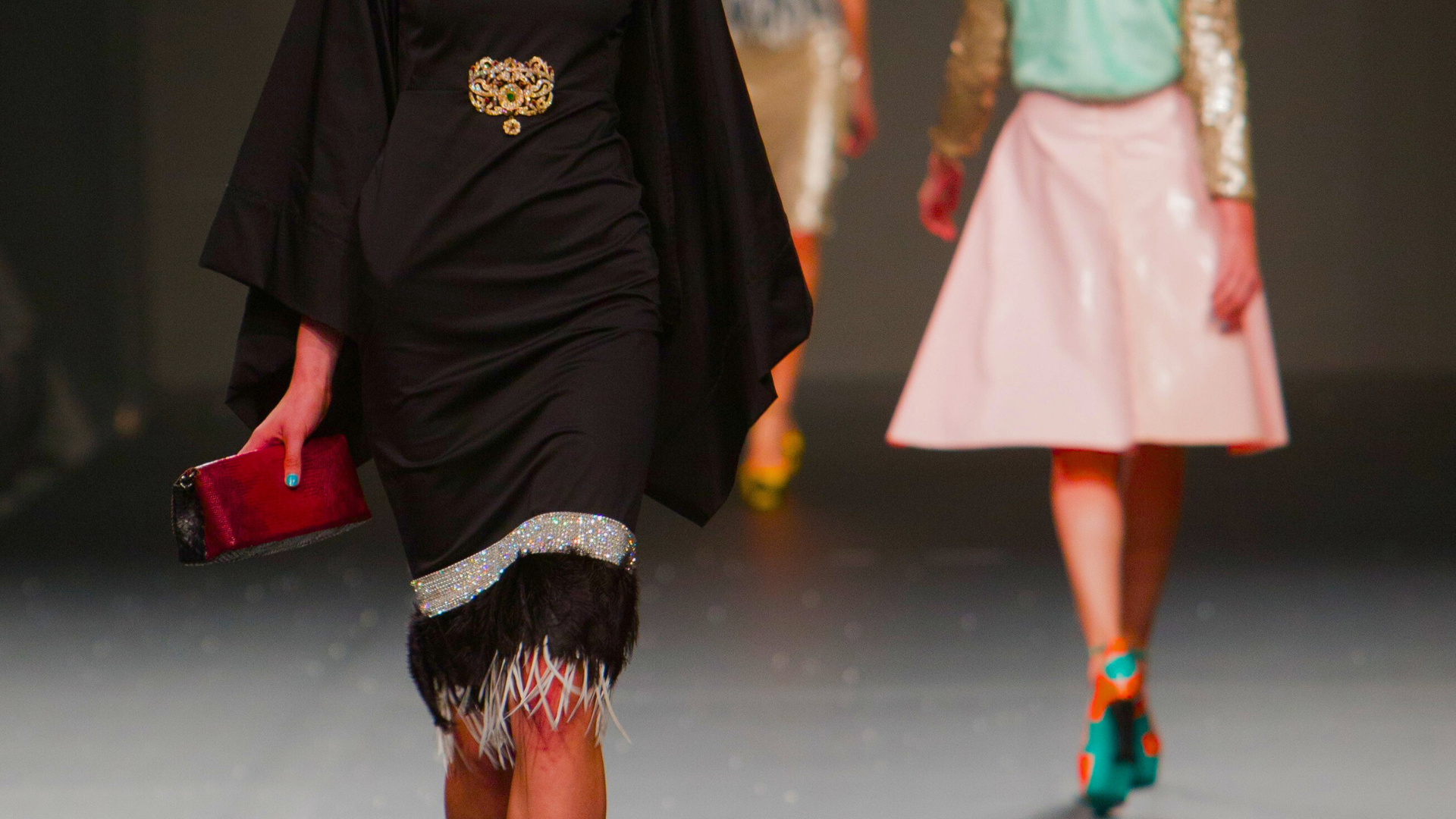According to the Kearney Circular Fashion Index, 2023 Gucci is the most responsible luxury brand. The ranking, now in its third edition, is drawn up by the strategic consultancy firm of the same name. Fashion’s commitment to sustainability is growing, but there is still a lot to do for the sector on this front.
The study starts from the analysis of 200 global brands, from 20 countries and active in six product categories: sports and outdoor, underwear and lingerie, luxury, premium luxury, mass market and fast fashion.
At the top of the ranking compiled by Kearney, the brands Patagonia, Levi’s and The North Face stand out. The former obtains a score of 8.65 (much higher than the average, equal to 2.97 points out of 10), thanks also to greater promotion and communication on circularity and self-assessment tools to redesign areas that have an environmental impact.
Levi’s, with 8.30 points, among the various initiatives has created a separate shopping page for recycled denim products and this year has begun to disclose the map of its suppliers, in order to show its carbon footprint. Third podium for The North Face (7.90 points), increasingly green in terms of products, company management and awareness projects, such as Clean Up Hike, a relay race in open spaces to collect and dispose of waste, organized on the occasion of Earth Day. In fourth place is an Italian player, Ovs, who was fifth last year and is now approaching the podium, beating Gucci who is fifth (but first for luxury). Sixth Madewell, a historic US company with jeanswear as its core business, seventh Coach who loses one position, eighth Esprit who falls back four, ninth Lululemon Athletica and tenth Lindex.
The best performing brands in terms of improvement are those of sportswear: Athleta (driven among other things by the Resale-as-a-Service launched with ThredUp), Timberland (which is investing in a re-commerce platform, withdrawing with ReCircled used clothes) and, in the top range, Jimmy Choo.
The latter launched a partnership with TheRealReal last October: customers who resell their products through the platform are offered an exclusive experience in the brand’s single-brand stores, which again in 2022 increased the share of items in recycled materials or responsible.
Mammut (sportswear/outdoors), Ganni (premium/accessible segment) and the Italian Golden Goose enter the chart, which has developed the Forward Store, where it promotes circular footwear repair, refurbishment and resale initiatives for Golden Goose shoes by second hand and delivery of old models.
Circular Fashion Index: fashion can do more
With a score of 2.97 out of 10 (in line with 2022), fashion can certainly do much more. The calculation is based on seven dimensions that influence the circularity of the brand. Dimensions that concern the primary market, i.e. the sale of new products to consumers, and the secondary market, used and recycling.
In the primary market, brands are more active than in the secondary. These provide detailed instructions for product care or increasing the share of recycled materials. The habit of educating consumers about sustainability is not yet particularly widespread. In the secondary market, on the other hand, little attention is paid to rental services, also due to the greater complexity of implementation. And still there remains a certain shyness in proposing repairs and maintenance. The delivery of used clothing for recycling is hardly practiced. Very few, however, the assortments of used clothes.

Source:
Pambianconews.com
Kearney.com


No responses yet